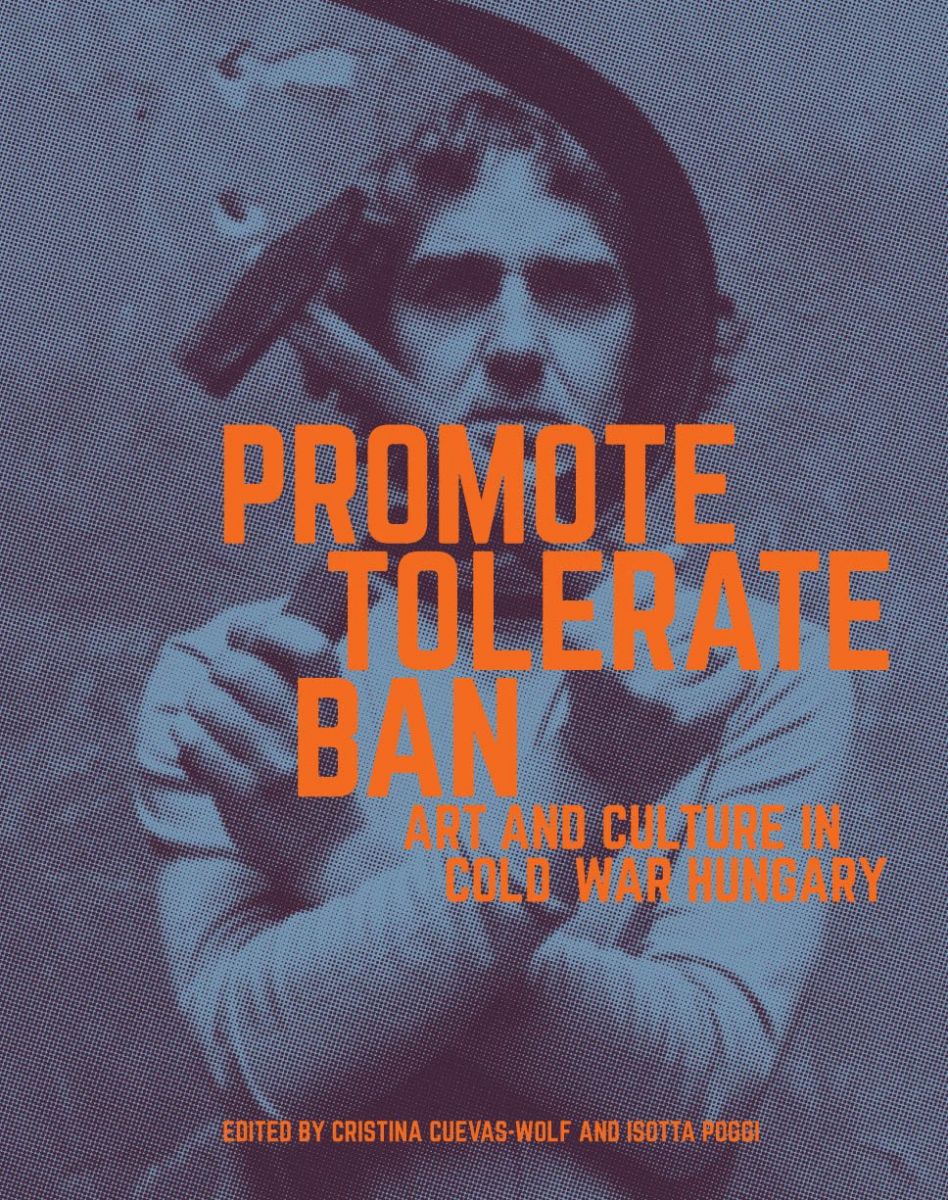
Megjelent Valuch Tibor "The Paradox of Consumer Objects and Modern Living in Hungary: Approaches to Understanding the Culture of Daily Life, 1948-89" című tanulmánya a Cristina Cuevas-Wolf, Isotta Poggi által szerkesztett Promote, Tolerate, Ban: Art and Culture in Cold War Hungary című tanulmány-kötetben. (Los Angeles (CA): Getty Institute, 2018. pp. 41-53.)

Abstract
"Through its influence on politics, the economy, and society, the complex set of changes wrought by the formation of a socialist state system affected daily life as well as the mentality and value system shared by those living in Hungary at this time. The question currently under examination is what influence these transformed political and ideological conditions may have exerted on Hungarian culture and social behavior. The relationship between politics and daily life, communist ideology and the practice of everyday habits can be traced through the study of how social mores and behaviorisms evolved within the confines of public and private spaces. The stark contrast between traditional, individualistic, bourgeoisie thought patterns and the socialist ideal of the New Man additionally provides another important aspect for analysis. Among other factors, the rise in consumption acts as a primary indicator of this contradiction. As consumption’s practical manifestations increased in value beginning in the 1960s, its influence played a significant role in determining the thought patterns and behaviorisms displayed by certain social groups. Analyzing this process can therefore increase our understanding of how the culture of day-to-day life in Hungary was influenced by the workings of a socialist state."


